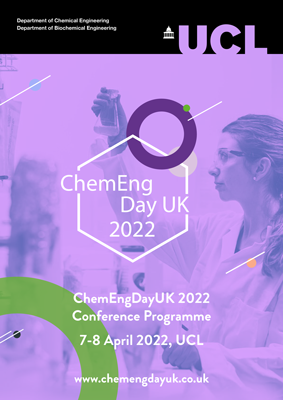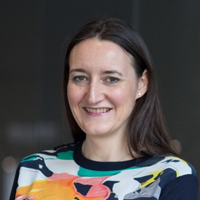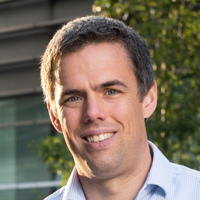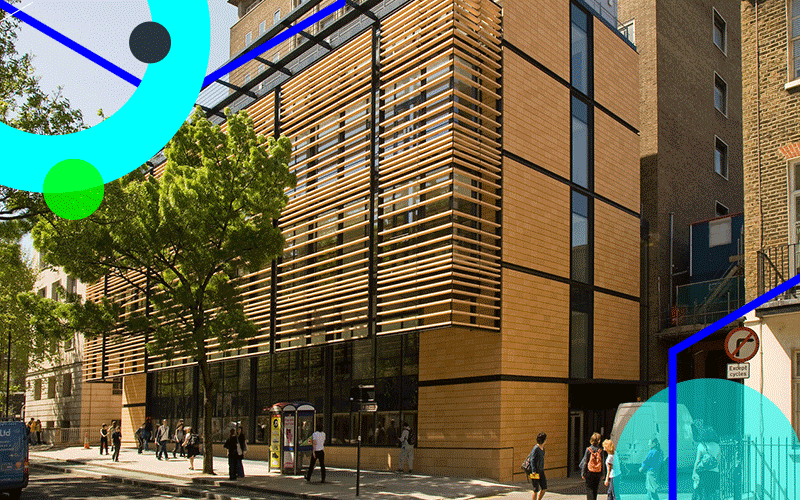We look forward to your participation in the ChemEngDayUK 2022 event. The poster session will take place in the afternoon on 7 April, with the flash poster presentations immediately before (please see the Programme).
If you have submitted several abstracts, and several of them are accepted for poster presentation, it is your responsibility to make sure that all of your posters are covered at the assigned time. Therefore, if you have more than one poster, please ask a co-author to help you or withdraw the extra posters.
The poster boards will be located in the North (Multiscale Engineering and Energy topics) and South Cloisters (all other topics) at UCL (map reference D3 in the Bloomsbury campus map).
All posters should be put up before the conference starts at 1pm on 7 April 2022.
Do not remove your poster until after the poster session ends at 5.30pm, but please remove your poster by 6pm as the board will be cleared away. Any posters that have not been collected by 6pm will be taken down and thrown away.
You must wear your conference name badge, and the name badge must be visible at all times, whilst on campus, including during the poster session.
Poster presentations are numbered in the Programme, and this number will respond with the number you will find on the poster board.
Supplies that are needed to mount your poster, i.e., push pins, tape, scissors, etc., will be available and there will be conference staff there to help you.
Do not write on or mark the poster boards.
Flash poster presentations
Some of the posters have been selected for a flash presentation. The flash presentations will take place in three parallel sessions immediately before the poster session (see the Programme).
The flash presentation is maximum 3 min long, and should be strictly one single Powerpoint or pdf slide. The slide can have animation but no video.
We recommend using Powerpoint’s widescreen setting (33.867cm x 19.05cm).
Flash presenters will also present the corresponding poster during the poster sessions.
Each flash presentation is highlighted with ’*’ in the poster list.
All flash presentations should be sent to chemengdayuk2022@ucl.ac.uk by Wednesday 6th April @ 5pm.
Poster Awards
There will be a number of awards for the best posters, and a panel of judges will circulate during the sessions to judge each poster.
Only posters that are presented during the poster session by an author will be considered for an award.
The awards will be announced during the closing ceremony on 8 April 2022.
Poster preparation
Your poster should be A0 portrait size. Landscape posters or larger posters will not fit the poster boards.
We suggest the poster to be prepared as a printed single large sheet of paper or light weight plastic that can be mounted on a bulletin poster board.
The title banner should include the title, authors and affiliation.
Organise your poster into subdivisions, e.g. Introduction, Methods, Results, Discussion, Conclusions, and References.
We recommend you avoid font sizes for text below 24pt to ensure the poster is readable from a distance. Larger font sizes should be used for headings.
For best visual effect, use simple to semi-complex figures that can be read easily (from 2-3m away).
Only use copyright free images of those available under the creative commons licence unless you have bought the relevant licence.
Present numerical data in the form of graphs, rather than tables (graphs make trends in the data much more evident). If data must be presented in table-form, keep it simple.
Visuals should be simple and bold.
Besides your project, the text could also include future research plans or questions.
All posters must be written exclusively in English.
 Close
Close






